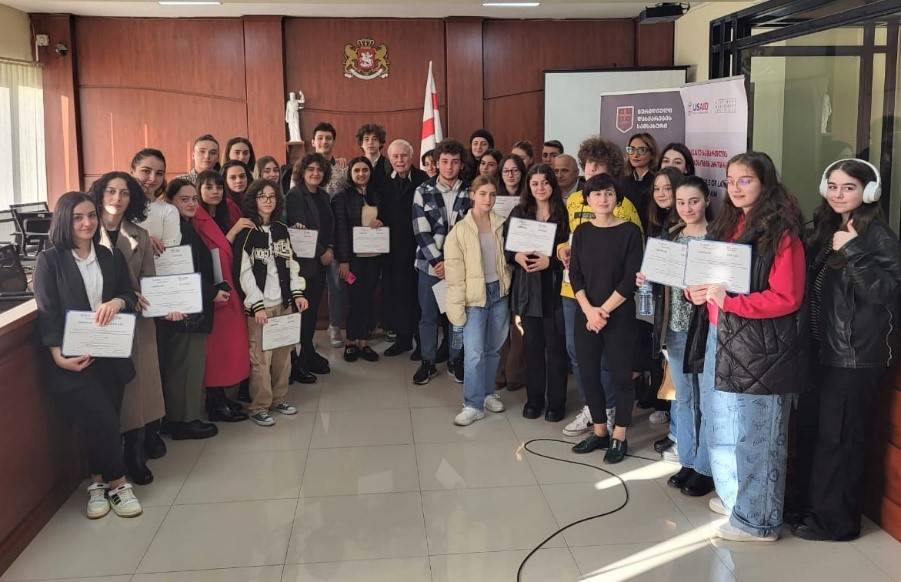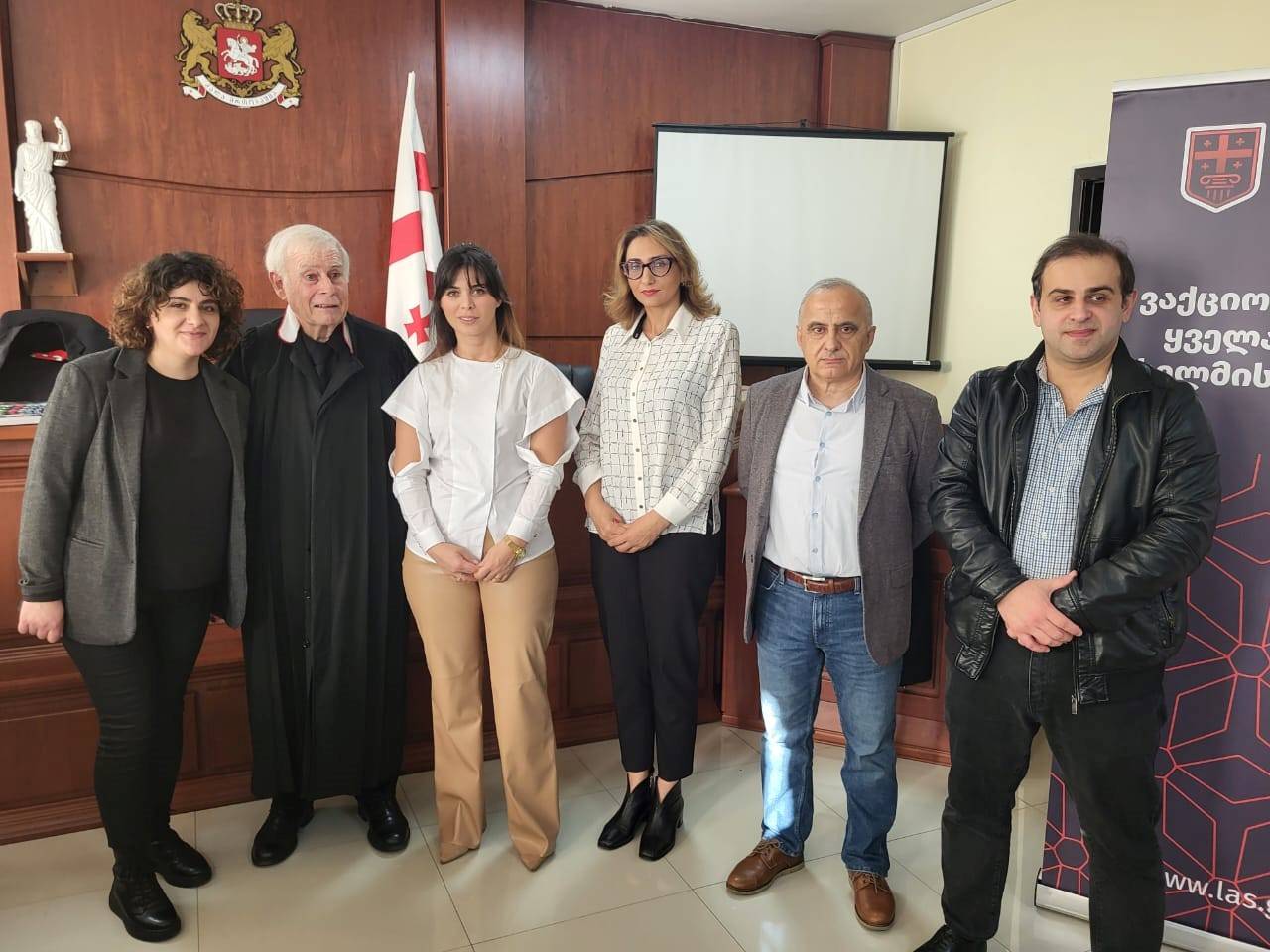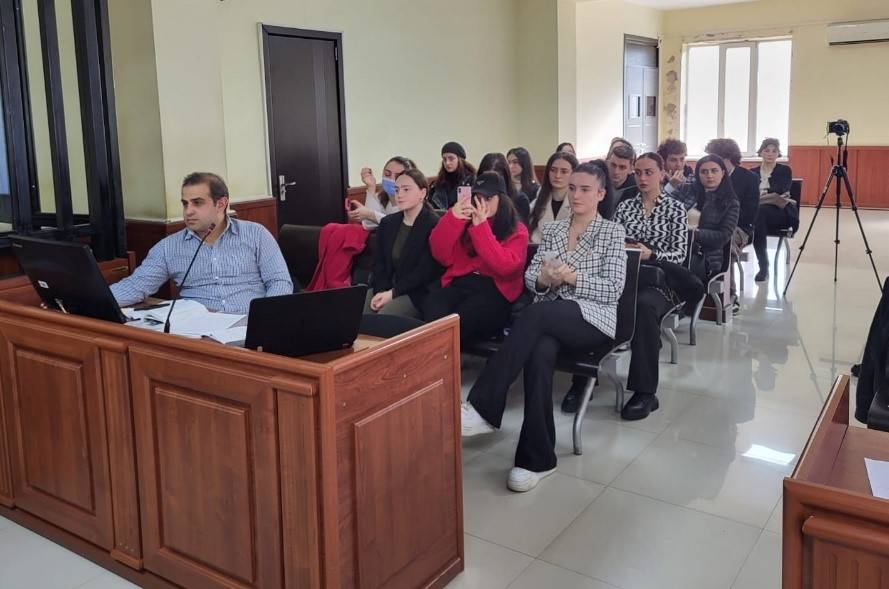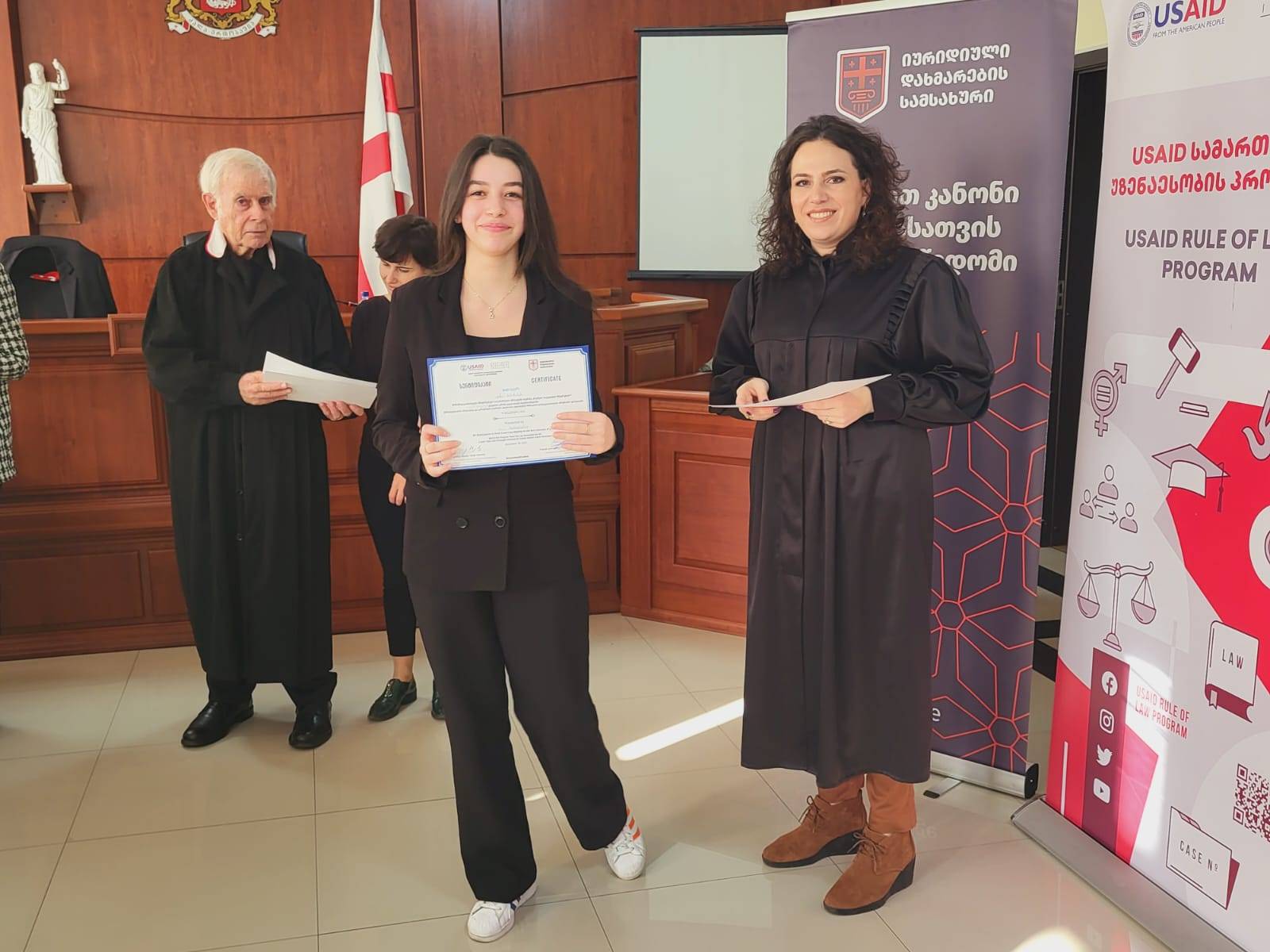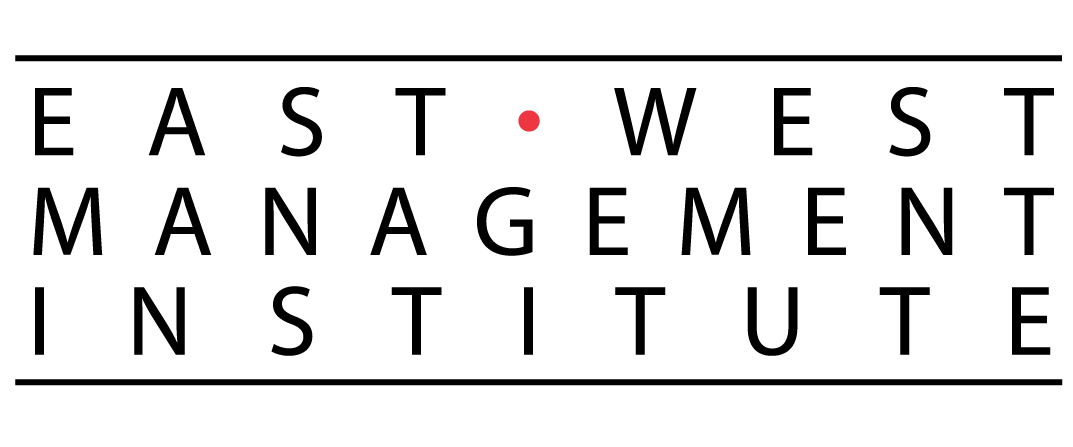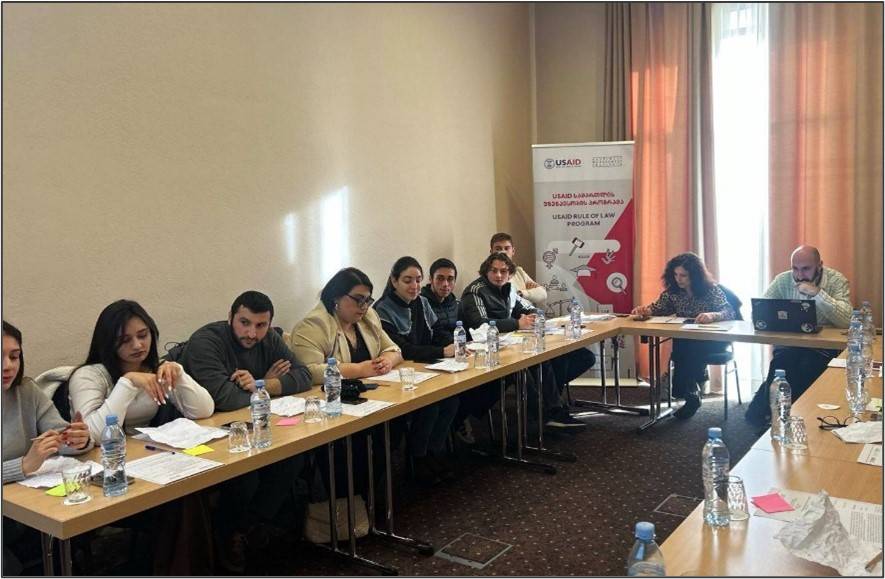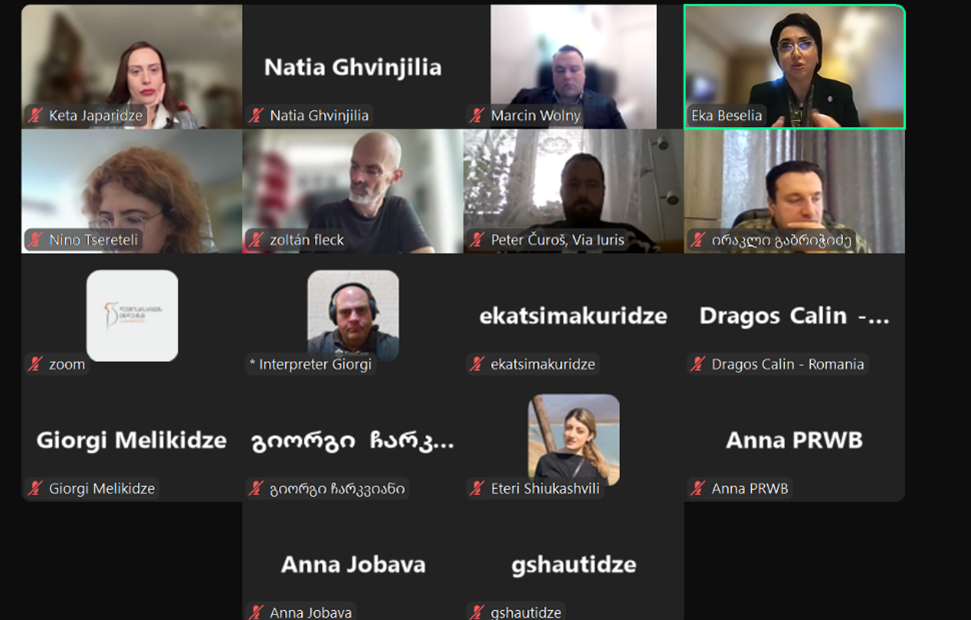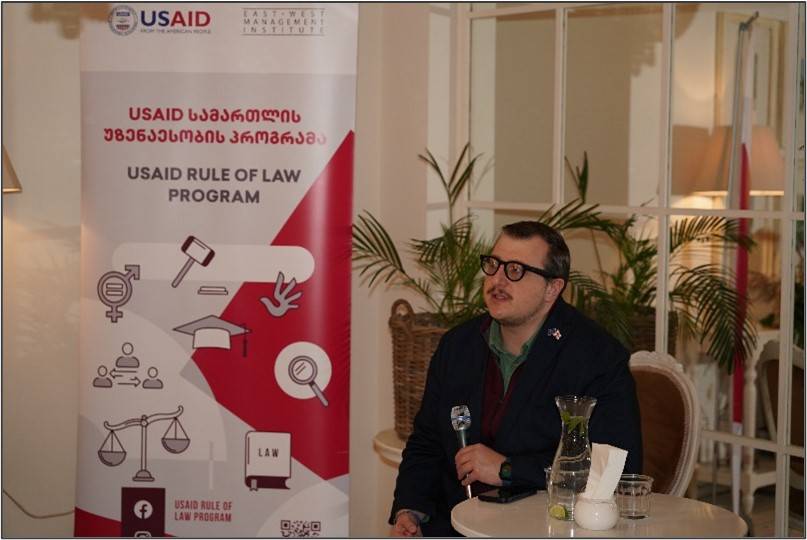Mock Trial at Batumi City Court
On Human Rights Day, a mock trial on the best interest of child was held at the Batumi City Court. The event was organized by the Legal Aid Service (LAS) with the support of the USAID Rule of Law Program as part of the informational campaign - Make Law Accessible for All.
In her welcome remarks, USAID Rule of Law Program Regional Hub Lawyer Irina Khakhutaishvili noted: “This year we mark the 74th anniversary of the Universal Declaration of Human Rights. While much progress has been achieved by modern society on human rights protection, there are still rights that are constantly under threat. Activities such as this increase citizen’s awareness of their rights and how to enforce them, improving their accessibility to justice.”
The mock trial was heard by the USAID Rule of Law program-invited American judge James Redwine and Batumi City Court judges Khatuna Bolkvadze and Guliko Kazhashvili. The parties to the trial were represented by experienced LAS lawyers Nato Iremadze and Akaki Lomsadze, as well as non-governmental organization Partnership for Human Rights trial attorney Sopiko Menabdishvili. Thirty-five student-paralegals, law students, and high school students were also involved, serving as two special juries that were convened to deliver their judgments by majority vote.
At the end of trial, the jurors received the judge’s instructions on what they must consider in reaching their verdict and written forms with possible verdicts. Both juries reached the same verdict.
At the closing ceremony, the judges awarded certificates to the jury members. Batumi City Court Chairman Jumber Bejanidze thanked the USAID Rule of Law Program for its support and stated: “We are excited to meet with the next generation of law leaders and welcome hosting such activities at Batumi City Court. It is important for judges to connect with students to hear their concerns and provide context that will help students better understand the legal system. The mock trial helps young people understand how the law touches every aspect of their lives, giving them insights into how the judiciary works and how they can serve their country and perhaps the world, including helping to ensure human rights.”
